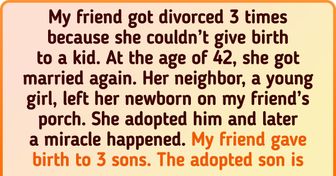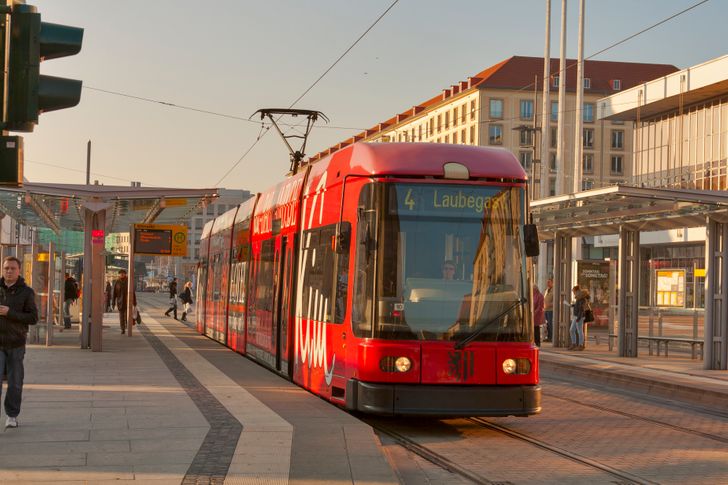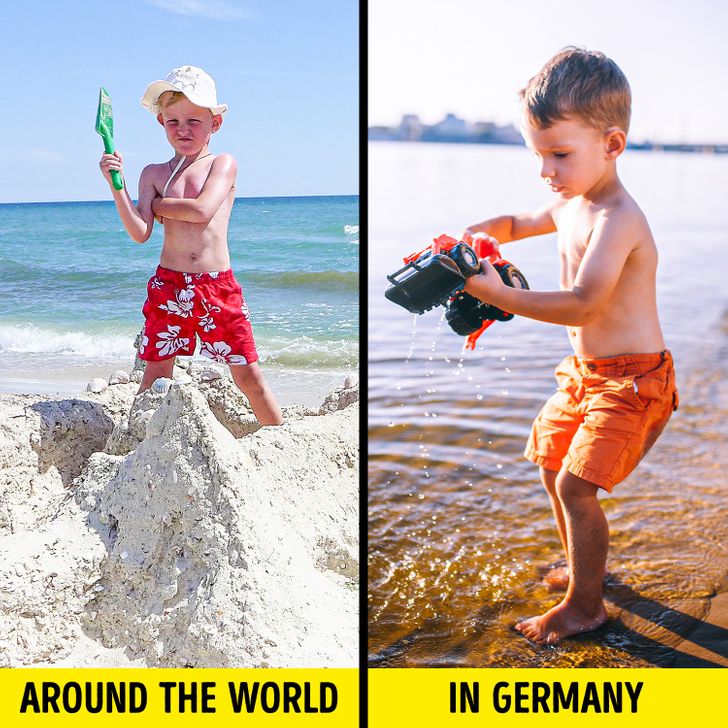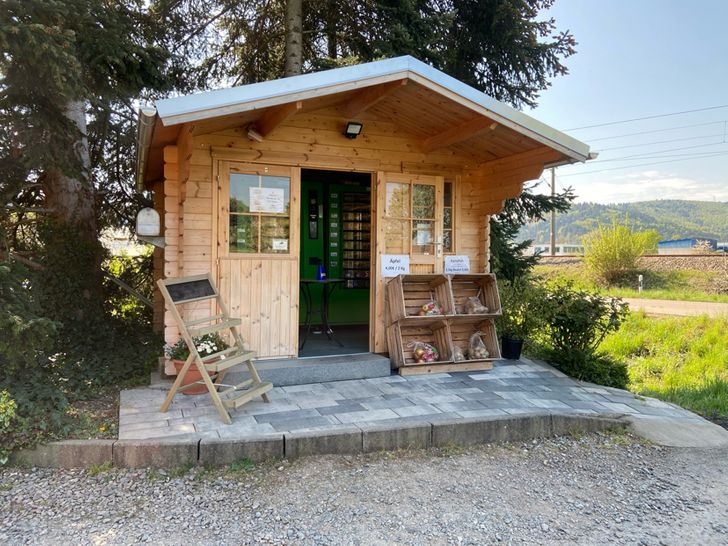Hello from the Schwarzwald ??????
When you think about it, some these puzzling things actually make sense
And some like the trust is very specific to BaWü (in my experience), I lived in Thuringia for a while and it's completely different there
25+ Puzzling Things About Living in Germany That Most Foreigners Aren’t Used To
Germany is a country where the locals’ self-restraint coexists with cheerful festivals, and the excessive consumption of baked goods goes hand-in-hand with the trend toward a healthy lifestyle. Almost all Germans know English, but they are also proud that people from 2 neighboring villages may speak different dialects of German. We already know a lot about this country, but it never ceases to provide us with new facts about itself, allowing us to discover it over and over again.
We at Bright Side love to learn more about life in other countries, and today we’ll share what we have discovered about Germany. As a bonus, you can read the stories of internet users that talk about the time they spent in this country.
Dwelling
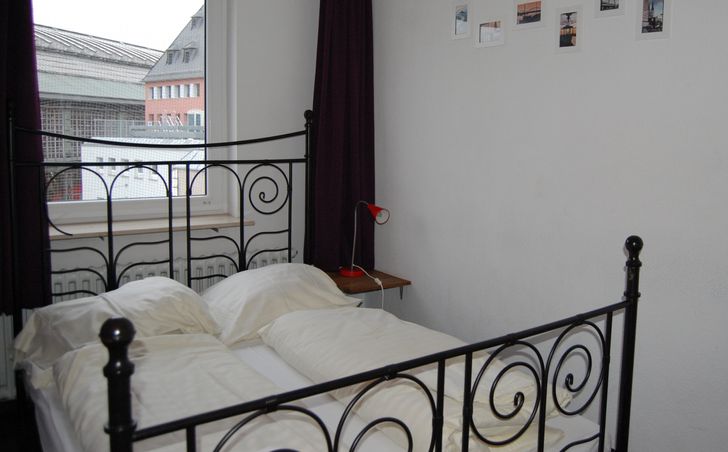
-
Almost every German home will definitely have egg stands for breakfast, a bookcase (an item that the owners feel especially proud of), a pair of cozy slippers, and individual blankets for spouses who sleep in a double bed.
-
When renting an apartment, you need to take into account the following things — Germans go to bed and get up early. This lifestyle affects their behavior in their apartments, so making noise after 10 p.m. is prohibited. After 8 p.m., traditionally, you couldn’t even vacuum or turn on the washing machine. And Sunday is generally a day of total silence.
-
Many houses are heated with firewood because it’s efficient and environmentally-friendly. A Pikabu user shared this story: “I once played an online game with a German, and we talked in English. At some point, he wrote to me: ’I need to put some firewood in the stove.’ I thought this was some kind of game slang or an idiom, but when I realized that he really went to throw firewood into the stove, I, as a city dweller, was pretty surprised.”
Public transport
-
Some people say that major city train stations’ waiting rooms, such as the one in Frankfurt, can get quite cold, and this especially becomes an issue when traveling during winter. Because of this, it might be best to prepare for it, like by dressing warmly.
-
There are no turnstiles on the subway, on buses, or on other public transport. This is how the system of trust in citizens works. Ticket inspectors are rare, but they exist. They work in ordinary civilian clothes, and a passenger may be asked to present a ticket at any time. The fine for traveling without a ticket can be up to 60 euros — it’s easier to buy a ticket or a travel card and use public transport without having to worry.
-
If you’ve come across a bus stop in Germany and have spent several days waiting for a bus, you should know that it’s most likely a fake. No bus will ever come there. It has a very different goal — to pick up patients. These stops are located on or near the territory of hospitals, clinics, and nursing homes where people with dementia or Alzheimer’s live. They often leave their homes (or in this case, they leave the hospital) and when seeing a bus stop, they expect that the bus will take them away, far from there. They stay there, waiting for a bus that will never come. And they are often found by the doctors and staff of medical institutions and asked to come back by way of persuasion. © Maksnotelk / Pikabu
Holidays
-
On the night of Easter Sunday, the Germans light bonfires. This is a typical German tradition to welcome the sun and the spring. It’s still popular in the countryside. Most of the wood used for the bonfire comes from old Christmas trees that have been collected and saved for this occasion.
-
Parades, balls, and stage shows serve as popular forms of entertainment for visitors at the Cologne Carnival. This is a popular carnival in the Rhine region, and up to a million people take part in it.
Education
-
“German children go to first grade not with flowers, but with a special gift bag. Relatives put sweets, toys, school supplies, and even money in there for the first graders,” according to the Deutsche Welle channel. Children, as a rule, make the nearly 3-foot long bags themselves. It’s believed that, initially, the idea to wrap sweets this way started to prevent the child from eating everything at once on their way to school.
-
The beginning of the school year doesn’t necessarily start on the same day each year, but it’s usually in mid-August.
-
Since 2014, higher education in public universities in Germany, with the exception of Baden-Württemberg, is absolutely free, even for foreigners.
Recreation by the water
-
It’s prohibited to build sandcastles on many beaches in Germany, and there are strict limits for the size sandcastles can be on beaches where they are permitted. Rules for every beach are placed at the entrance.
-
If you want to go fishing, you need to undergo special training and get a license. The courses will teach you the rules and regulations of fishing.
Food
-
If you ask for water in a restaurant or a café, the server might just bring you sparkling water. Germans adore it and love to mix it with lemonade and juice. By the way, you can drink tap water without having any worries since it’s of good quality.
-
Pizza, mushrooms, milk, potatoes, eggs, and even meat can be bought from vending machines on the street. In fact, local farm products are sold this way very often. So if you didn’t have time to go to the store in the evening, look for a food vending machine nearby.
-
The taste and name of their desserts may be completely unusual to a foreigner. Munich offers things like schnitzel and South Tirolean bacon ice cream, and Frankfurt offers strawberry ice cream with balsamic vinegar.
Society
-
Society is built on absolute trust and honesty. A Pikabu user shared his observation: “Today is Sunday, and all shops in Germany are, of course, closed. But some products can be bought from farmers. Here’s a shop without a seller that you can see in Gengenbach. You just take the product you need and leave your money. By the way, there is a money changer inside.”
-
Since it’s supposed to be quiet in German houses on Sundays, families with children usually spend this time on the street — they walk around parks, visit museums, go to the cinema, and so on.
-
Germans may be perceived as people with a calm, reserved, and even cold demeanor. However, they’ll be the first to take care of complete strangers. For example, among Germans, it’s considered compulsory to pick up a lost item and hang it on a branch of a nearby tree.
-
A polite and well-mannered German will never start eating their lunch in the company of other people if their dish was brought first. They will start eating only after the host tells them, “Guten Appetit!”
Hobbies
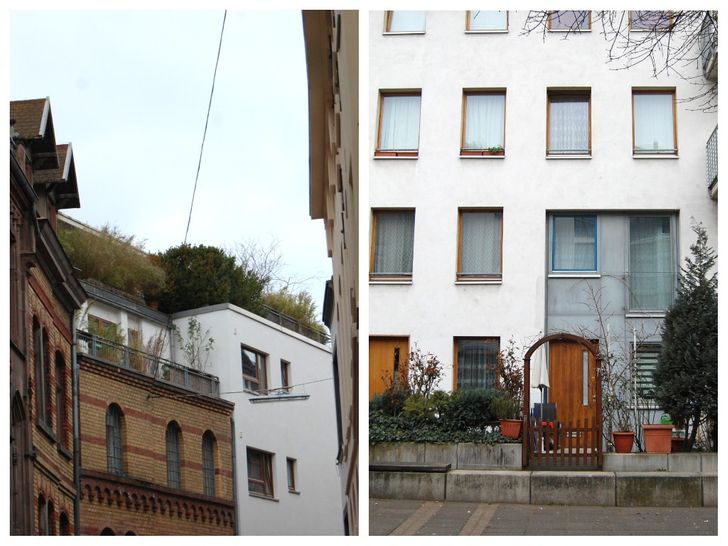
-
Germans love gardening. Most people have a small plot of land outside the city, but they plant gardens in any suitable place, even in urban settings. And garden gnomes have become not just an element of decor, but also a part of the culture. In the 1990s, this prank was popular — people used to steal a gnome from someone else’s lawn and then send a photo of it to the owners before returning it.
-
It turns out that Germans of all ages are just as passionate about soccer as the Italians or the Spanish.
-
The hobby of purposefully seeking discounts and money-saving is big in Germany. People who are always looking for the best deals are called Schnäppchenjäger, or “bargain hunters.”
Clothes
-
On a Berlin street, it’s practically impossible to see a person wearing clothes in bright colors. Locals prefer dark colors, especially black.
-
People with any type of income buy clothes at second-hand stores. It’s common, profitable, and environmentally-friendly.
-
It may just be a matter of opinion, but Germans seem to love scarves. The average German resident will have a collection that includes many of them, from lighter ones to warm ones.
Bonus
-
I live in Germany. Recently, I went to the gynecologist for a routine check-up. The doctor was
a man. He asked to me take my clothes off and get into the examination chair. Suddenly, something switched in his head, and he started asking me about my friend, where he works, and he was telling me about Schwarzwald’s zoos and attractions. Man, I’m sitting with my legs wide open, and you’re telling me about roller coasters! Just quickly do a check-up and let me go! I could have sunk through the floor together with this chair... © “Overheard” / Ideer
What special and interesting things do you know about Germany and its citizens?
Comments
The Gynaecologist talking about rollercosters, wasn't by any chance doing the round the round-about joke was he?
Related Reads
I Broke Up With My Boyfriend After His Reaction to “Barbie” Movie

14 Viral Tweets About What It’s Really Like Being a Woman Today

A Woman Discovers “Pregnancy Nose” That Completely Reshaped Her Face

17 People Who Finally Ran Out of Patience

An Artist Draws Pictures to Show That Everything Has a Flip Side

14 Crafty People Who Took Their Shoes From Ordinary to Unique

20 People Who Wanted to Take an Ordinary Photo but Got a Real Masterpiece Instead

What 15 Actresses Looked Like at the Beginning of Their Careers

Pamela Anderson Surprised Everyone by Wearing Her Iconic 90s Makeup and Fans Say the Same Thing

12 Times Rich People Proved They Live in a Different Universe

10 Married People Who Had Affairs Reveal What Happened Next
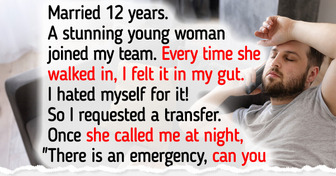
18 Stories About What Can Happen If You Decide to Adopt a Kid
